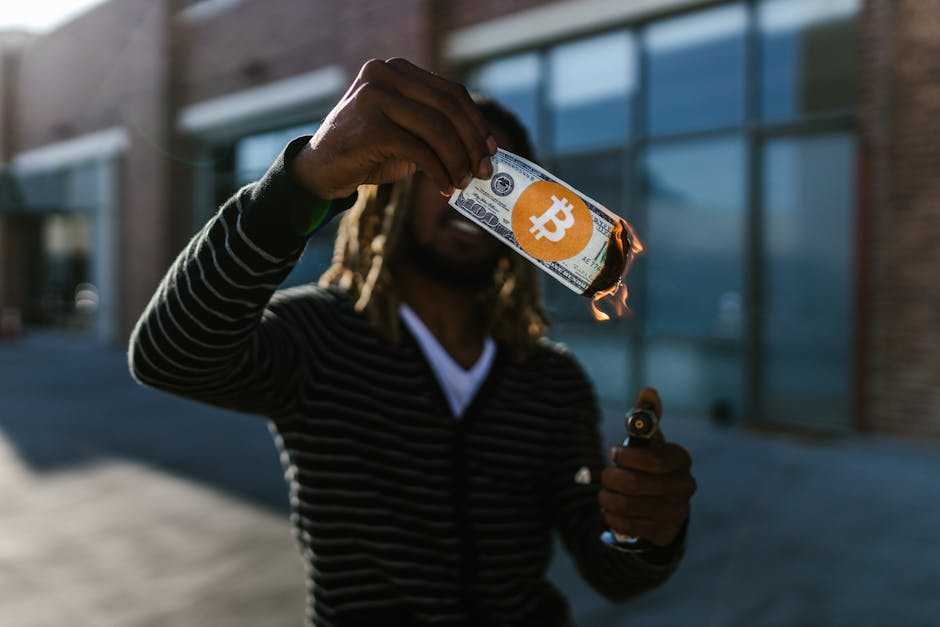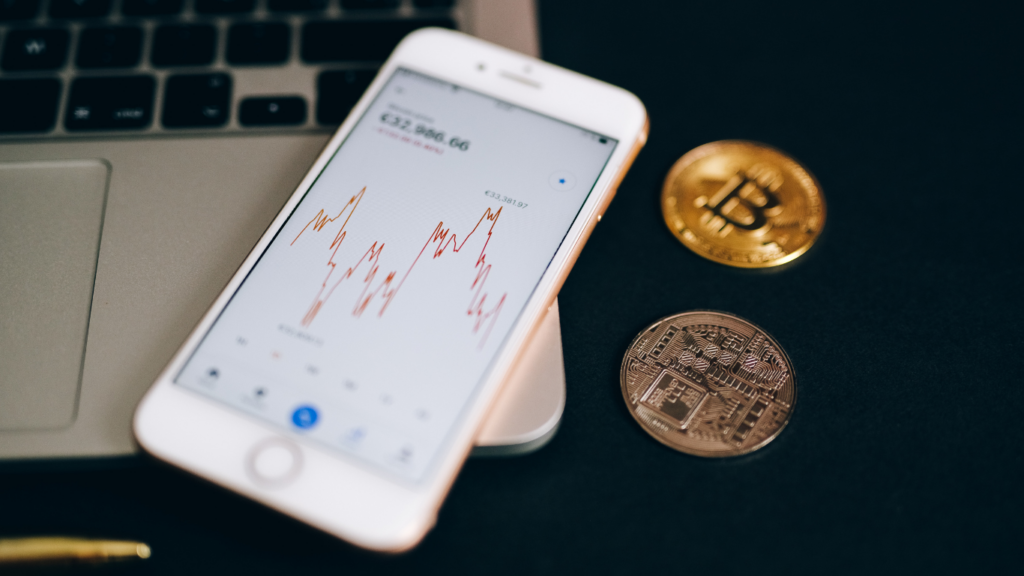Shifting Tides in the Global Economy
Markets haven’t had a quiet month in a while. The global economy is still adjusting to post pandemic shifts, supply chain resets, and major geopolitical tensions from continued conflict zones to trade stand offs between major powers. Inflation is sticky. Central banks are constantly recalibrating interest rates. And each move has a ripple effect not just in finance but in sectors you wouldn’t expect, like wheel betting.
Inflation eats into disposable income, which tightens user spending. At the same time, volatile markets tend to drive up short term engagement in betting, as some see it as a fast turn alternative when traditional investments feel shaky. But this isn’t a free for all. Uncertainty makes bettors more cautious. We’re seeing a move away from high risk, all in wheel bets and more focus on tactical, hedged plays. Especially in regions hard hit by currency fluctuations or slower economic recovery.
Geopolitical tension also muddies the waters. Sanctions and payment restrictions disrupt platforms and users alike. In some countries, regulatory environments tighten overnight, halting operations or freezing payouts. That uncertainty feeds a broader trend betting behaviors are adapting fast, mirroring the markets they sit adjacent to.
In short: macroeconomic shocks aren’t staying in the boardroom. They’re changing how people bet, where they bet, and how often they press spin.
Wheel Betting Responds to Market Instability
When economies tighten, so does the average consumer’s appetite for risk. In 2024, we’re seeing a consistent trend: bettors scaling back, not tapping out. The high roller era of big bets is giving way to cautious plays smaller wagers, more selective spins. Economic uncertainty is driving the shift. With inflation and interest rates climbing, disposable income shrinks, and gambling becomes a calculated indulgence, not a casual habit.
But the picture isn’t the same everywhere. In markets like Southeast Asia and South America, betting activity is actually on the rise. Why? In part, it’s cultural. In part, it’s aspirational gambling seen as a shot at upward mobility when other financial avenues feel blocked. Meanwhile, traditionally strong betting markets like the UK and Western Europe are cooling fast. This is where economic pressure, regulation, and lifestyle shifts collide.
The bottom line: risk tolerance is down, but engagement isn’t dead. Bettors still show up, just smarter and more restrained. Operators who adapt to this mindset offering low stakes options, clearer odds, and localized incentives win.
Tech & Regulation in a Tumultuous Landscape

Digital betting platforms have exploded in number and complexity, and they’re moving fast to keep up with global economic shifts. Algorithms that once focused on user engagement are now folding in layers of economic data tracking inflation trends, disposable income changes, even regional employment spikes. The goal? Tweak offers, odds, and risk profiles in near real time to match consumer sentiment and stay ahead of sharper volatility. For bettors, this means fluctuation in odds isn’t just about sports trends it’s about whatever the markets are doing, and wherever liquidity moves.
On the flip side, crackdowns are catching up. Governments, wary of betting’s connection to financial instability during recessions or downturns, are enforcing tighter compliance protocols. Expect stricter age verification, slower transaction approval, and enhanced KYC requirements in many countries. Not being compliant now amounts to fast track penalty risk for both platforms and users.
That vacuum has opened the door for decentralized betting platforms. Built on blockchain and fueled by communities with minimal geographic bounds, these operations often dodge the regulatory scrutiny that burdens central operators. During periods of harsh regulation or market pullbacks, users flock to these decentralized spaces for speed, anonymity, and lower regulatory friction. But freedom comes with risk lack of oversight means there’s little recourse when systems fail or odds skew unfairly.
Still, the balance is shifting. As betting intertwines more deeply with economic signals, platforms centralized or decentralized have to evolve in sync. Those that don’t will be left behind.
Strategy Survival Guide for Bettors
When economies swing, smart bettors shift with them. The first step is risk management. In unstable markets, bankroll discipline isn’t optional it’s the core strategy. Set tight thresholds. Stick to your stop loss rules. Nothing flashy. The goal is longevity, not hero plays.
During inflation spikes or signs of recession, adapt. Go lighter on high volatility wheels. Focus on events and variables you can actually model or anticipate. Timing bets around key economic events central bank meetings, labor reports, geopolitical updates can give you the edge. But don’t bet on the reaction alone. Bet on the pattern that’s proven itself before in similar conditions.
Use tools that scrape and track real time financial data, like global CPI trends, interest rates, or even consumer sentiment indices. Some platforms now offer custom alerts tied to economic milestones. Others let you cross reference betting activity with current market sentiment. The more you see coming, the less you spin blind.
For a closer look at macro shifts and how they tie back to wheel market behavior, check out the full Global Market Analysis. Betting in chaos only works if you understand the chaos.
Betting Operators Reinventing in Real Time
In unstable economies, betting platforms don’t get to sit still. They have to evolve quickly or risk losing users to more nimble competitors. Leading operators are rethinking core elements from how odds are set to how promotions are structured to respond to shifts in bettor behavior. Uncertainty breeds hesitation, so the platforms that succeed are the ones making betting feel accessible, informed, and even conservative when needed.
Promotions are being reframed: less about high risk jackpots, more about value and reassurance. Think micro bonuses, personalized offer streaks, and guaranteed minimal loss promos. Odds recalibration is also key. Algorithms now adjust faster to real world developments economic reports, political tensions, or even weather events and bettors expect that level of real time precision.
On the segmentation front, platforms are breaking their audiences into tighter clusters based on behavior, region, and appetite for risk. This allows them to tailor messaging and features more accurately, especially as inflation and market shocks impact different areas unevenly.
But above all, trust is everything. When money feels tight and the future foggy, users need to believe the house isn’t shifting the goalposts. Transparency in odds models, payout systems, and platform policies is the new currency. The winners in this moment will be the operators that don’t just pivot fast, but do it with a clear, honest voice.
For more, see Global Market Analysis.
Forward Focus
As we look ahead, a few global economic markers loom large for bettors: central bank decisions on interest rates, currency volatility, and regional GDP forecasts. These may seem like topics for economists, not gamblers, but in the wheel betting world, macro events shape micro decisions.
When inflation rises or currencies swing hard, consumer behavior shifts and with it, betting patterns. A sudden spike in oil prices or a surprise recession forecast in a major economy like China or the U.S. can reshape confidence overnight. Expect fluctuations in bet volume, average wager size, and even risk appetite. Bettors who track these trends aren’t just informed they’re armed.
For platforms, the implications are long term. Algorithms will need to align with shifting bet behaviors. Strategy modules may need updates that factor in economic mood swings. The platforms that survive these shifts won’t just host bets they’ll interpret and adapt to global market signals better and faster than the rest.
In this climate, staying informed isn’t just smart it’s key to staying in the game. Strategic bettors those developing frameworks that flex with the markets will be the ones cashing in while others are still catching up.




